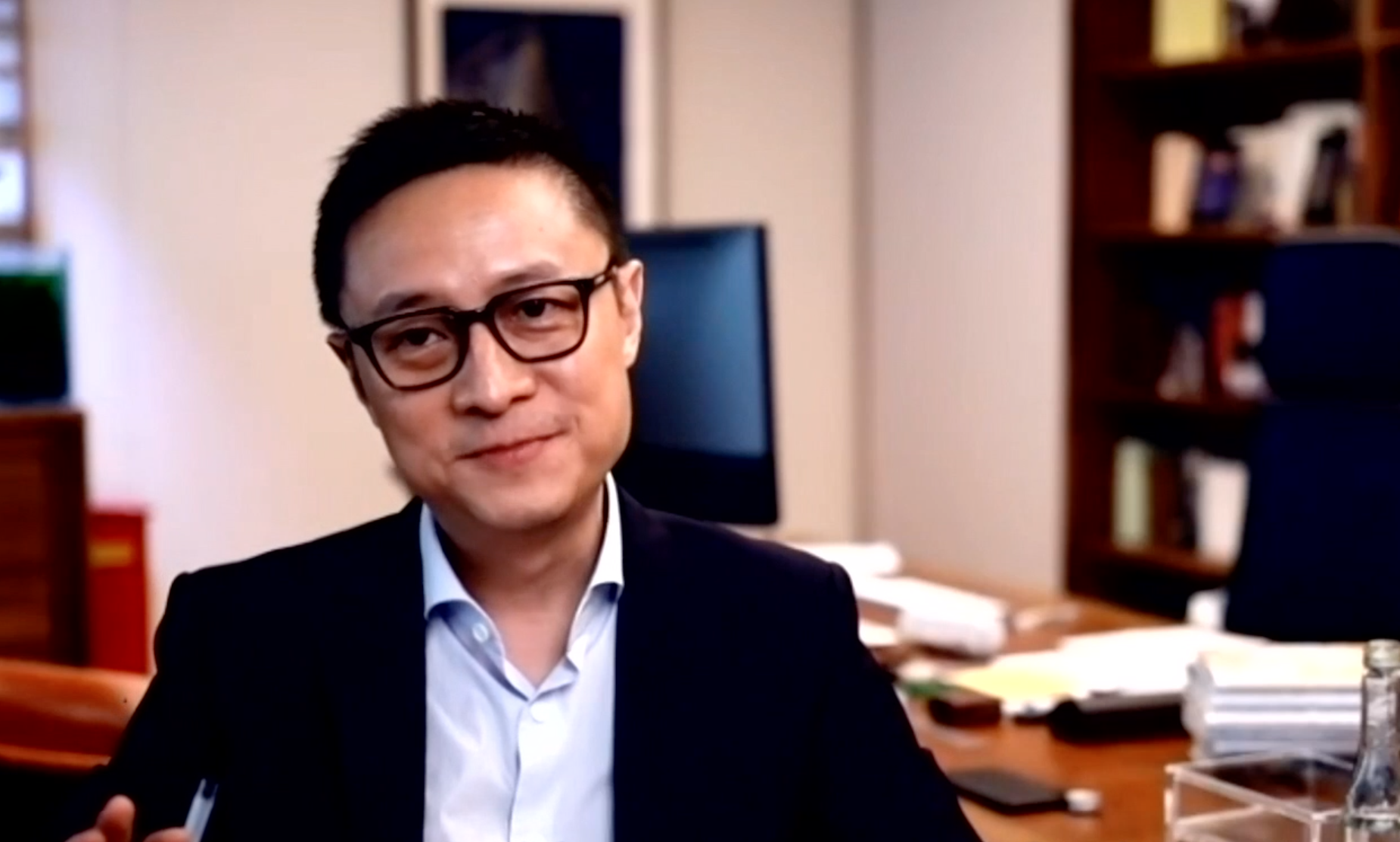(Caption: concepts of ‘human rights’ and ‘democracy’ must be revisited to be more inclusive. Image: Brooke Cagle)
GOODBYE, “HUMAN RIGHTS” AND “DEMOCRACY”. Hello, common values. It has become obvious that so-called “universal” concepts are not universal at all and must be urgently revisited, a panel of top international political scientists said today.
The concepts as currently used are rigidly tied to very specific western governance models and need to be replaced by genuine “common values” that are actually shared by the humans on planet earth, said numerous speakers at a conference organized by the Global Institute for Tomorrow.
DEEP BIASES
Deeply problematic western biases have been enshrined in documents as fundamental as the Universal Declaration of Human Rights, said Professor Daniel Bell of the University of Hong Kong’s law department.

He gave as examples UD Human Rights Article 17.1, which indicates that all societies must follow a capitalist system of property ownership, and UD Human Rights Article 21.3, which specifies that modern western liberal democracy is the only allowable system of governance.
Clearly, it is not right to defend these as the only legitimate choices. But by continuing to push them as the only options, the west was being “dominant and dogmatic”. The notion of genuinely “universal” human rights needed to be revisited and revised, he said.
‘THIS IS RIDICULOUS’
Shanghai venture capitalist Eric Xun Li pointed out the absurdity of the present system. A country can be so badly managed that its people are starving, miserable and have low trust in their institutions, yet be defined as democratic, he pointed out.
“This is ridiculous, really,” he said, adding that it was also actively harmful to emerging communities.
“This has resulted in many developing countries in particular establishing political institutions that are ill-suited for their democratic development,” he said.

HUMAN RIGHTS TOO WESTERN
In composing the declaration of human rights, other major ways of organizing societies should have been taken into consideration, Professor Bell said, giving Ubuntu and Confucianism as examples.
Conference chairman Chandran Nair said the old definitions were no longer credible and new thinking was needed—”common values”, which focused on what we shared, instead of “universal values”, which focused on a unitary consensus that did not really exist.
CAPITALISM MADE SACROSANCT
Several speakers pointed out that so-called “universal” value systems locked out legitimate forms of governance such as that of the democratic socialists.
Capitalism was presented as if it was sacrosanct. “If you read the Economist or the Financial Times there’s only one legitimate way to organize the economy,” said Professor Bell. Yet many countries had very legitimate other priorities, such as alleviating poverty among the poorest members of society.

OUTCOME BASED DEMOCRACY
Self-appointed democracy watchdogs, from the media to Freedom House, praised or censured communities based on how closely they adhered to western electoral procedures, which was plainly absurd, said Eric Li.
He proposed that humanity moved to a more open, broad definition of democracy, that recognized the rich diversity of human beings and their ways of organizing themselves.
“Perhaps we can begin to measure democracy based on outcome, not on procedure?” he said. “Are your people generally satisfied? Do they trust their political institutions? Are their lives getting better? Do they feel secure?”
POLITICAL MERITOCRACY WORKS
Bell also felt that it had become clear that – contrary to the Universal Declaration of Human Rights – “there are different morally legitimate ways of selecting political leaders”. The west has its system. But the Chinese have political meritocracy, Bell said.
“Political leaders are promoted, or demoted, during the course of a decades-long process that aims to select public officials with superior ability and virtue.”
He said that both systems had advantages and disadvantages, and both were highly imperfect and needed to be improved. “But China need not use ‘Western-style’ elections as the standard for improvement, just as the United States need not use ‘Chinese-style’ political meritocracy as the standard of improvement.”

UNHEARD VOICES
Bell added: “We should allow for plural modes of selecting political leaders that can legitimately differ based on cultural particularity and level of economic development.”
Eric Li agreed. “Democratic outcomes are what we can all share in common. What kind of procedures and institutions we use to achieve democratic governance can and should differ based on different culture and circumstances and values.”
Other speakers, including Malaysian banker Andrew Sheng, Singaporean academic Sor Hoon Tan, and retired academic Kiyoshi Kurokawa, agreed that voices from the south and the east needed to have their views heard too.
“Maybe we should make a Declaration of Interdependence,” Bell said.
Image at the top by Brooke Cagle on Unsplash
